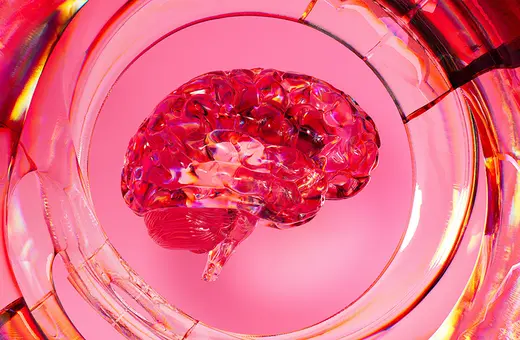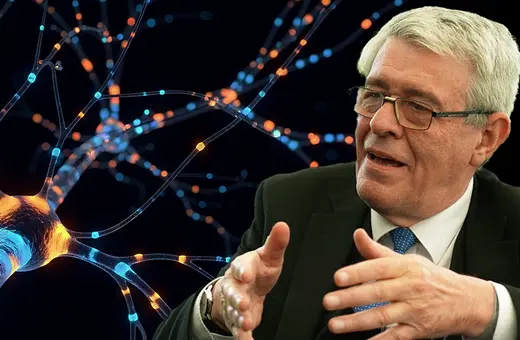As the world lurches from one crisis to the next, an invisible epidemic spreads — disillusionment, despair, and a quiet surrender to meaninglessness. Modern psychiatry often seeks to medicate away this dread, but what if the real cure lies not in avoidance but in confrontation? Existential therapy uses philosophical thinking to ask the hard questions — about life, death, purpose, and courage — guiding us through the abyss to find a path worth taking.
The dying of the light
In a world that is confronting one major crisis after another, it has become critical to address the despair and despondency that are more and more widespread. Many people are confronted with serious doubts about the meaning of their lives. Many young people have become skeptical and cynical about human existence in general. This kind of nihilism can easily lead to an experience of existential crisis, during which you feel uncontainable anxiety, depression or despair, as it seems as if your world and safety are crumbling or imploding. Such symptoms are usually rapidly medicalized, and the person’s concerns are frequently treated as a mental health problem, which is attributed to malfunctioning of the brain. But medical or psychological approaches often fail to get to the core of the discontent and desolation. Is it any wonder that so many people feel confused, lose their bearings or give up all together on seeking meaning, preferring mindless distractions and hedonism? Is it strange that suicide figures around the world are alarmingly high?
___
Religious beliefs are also much less able to provide solace in what is now a predominantly secular society.
___
Sometimes, if the individual does not collapse into crisis, feelings of estrangement or disenfranchisement are channeled into anger and rebellion, which can turn into protest and aggression and fuel social unrest. This is not something that only affects those who are living through wars, droughts, floods and fires. It affects many people who are not directly involved in the dramas and trauma, but who are shaken by the changes in the world and who feel at a loss to make sense of any of it. Through the constant media presence in our lives, we are all exposed to what is happening around us in the world. None of us are exempt from observing and experiencing first-hand how civilization is faltering and failing. Many people feel deep compassion with victims of injustice, but do not see how they can remedy the situation. Religious beliefs are also much less able to provide solace in what is now a predominantly secular society. Political solutions are harder to believe in, with autocracy and plutocracy so clearly on the rise.
What are we to do?






















Join the conversation